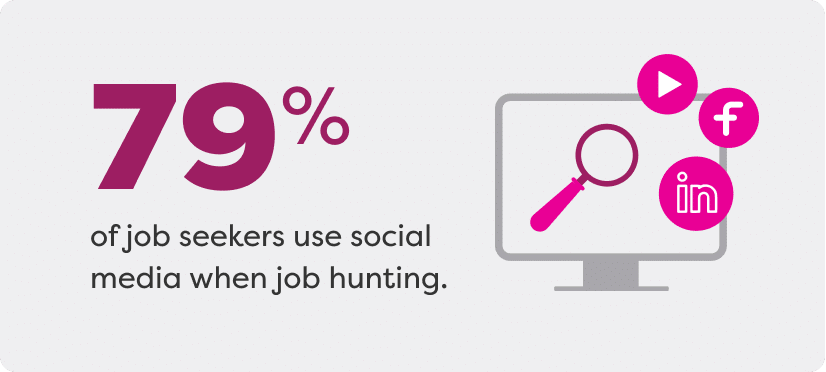Any HR marketing strategy requires a thorough understanding of today’s job market and the associated recruitment challenges.
Today’s environment is more complex than ever. 2022 was a record year for job vacancies, during which organizations across all sectors struggled to recruit qualified candidates. Today, we are witnessing mass layoffs.
The post-pandemic economic situation and the emergence of artificial intelligence are just some of the reasons why companies are recruiting less. Workers are also faced with inflation and growing social and political tensions, creating an unprecedented climate of anxiety and uncertainty. The result? Unmotivated and less productive employees who fear for their job security and professional future.
But will this problematic economic situation persist for companies and workers? Will the “power balance” between recruiters and candidates shift in favor of employers? The reality is more complex than that.
But will this difficult economic situation persist for companies and workers? Will the “balance of power” between recruiters and candidates shift in favor of employers? The reality is more complicated.
Indeed, studies estimate that by 2030, after challenging transitions, we should be able to create enough jobs to reach full employment. This could mean that a new “talent war” is on the horizon, and recruiters need to be aware of the trends they must consider in their HR marketing strategy to prepare for this situation.
















